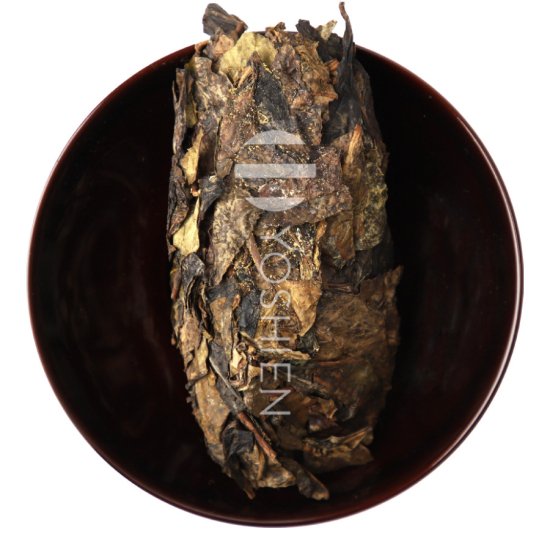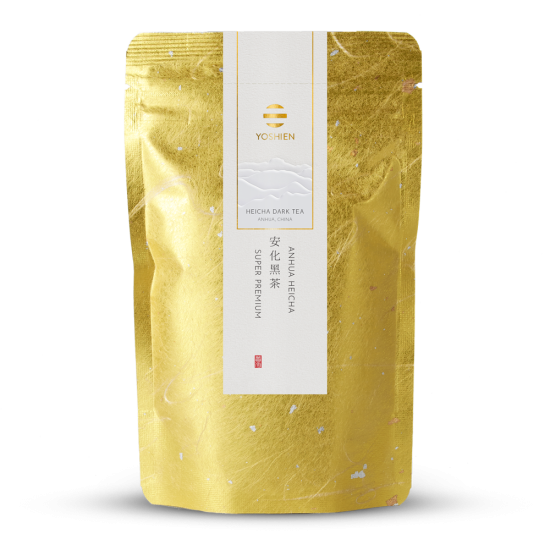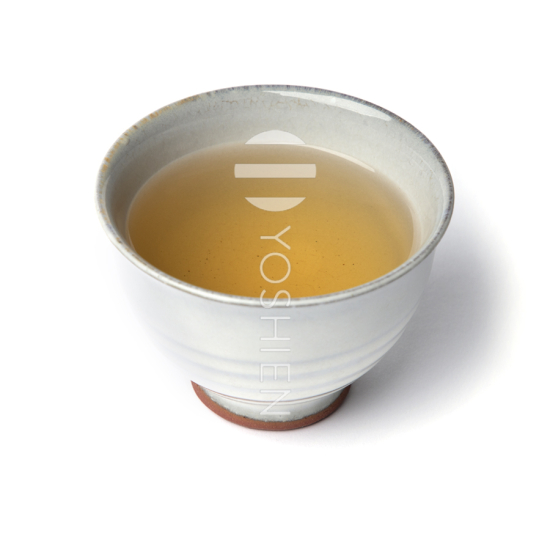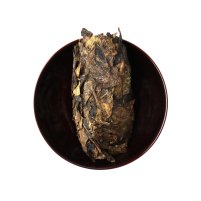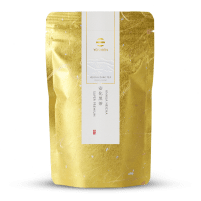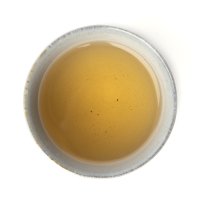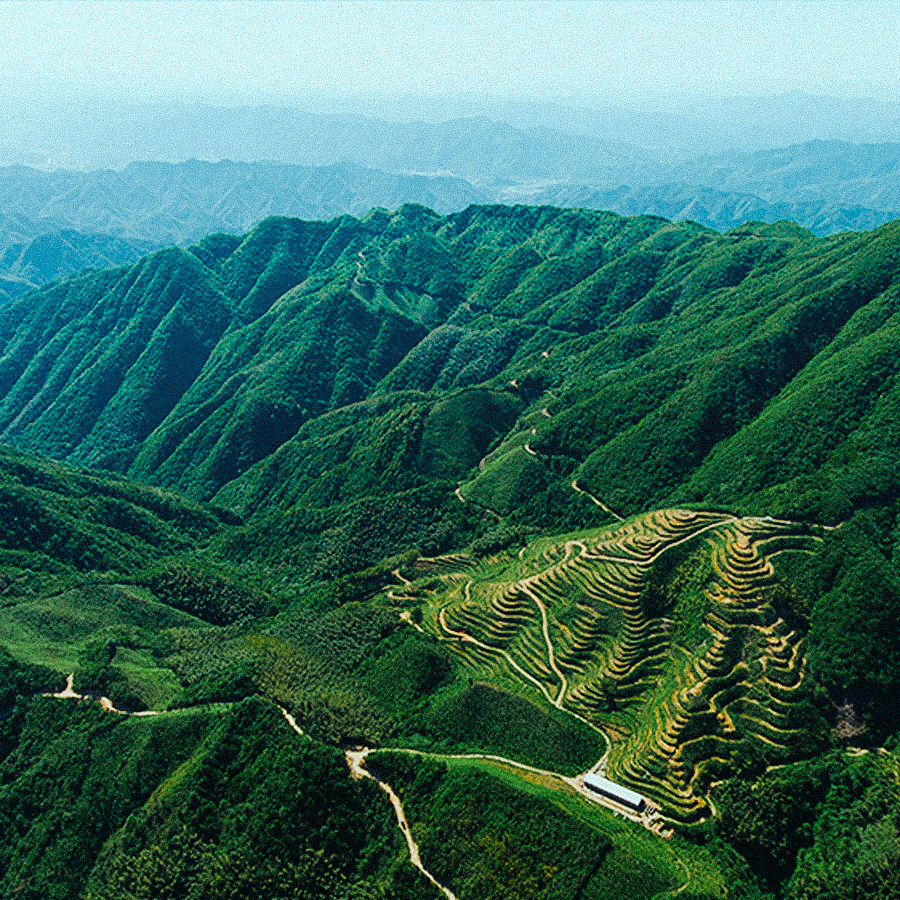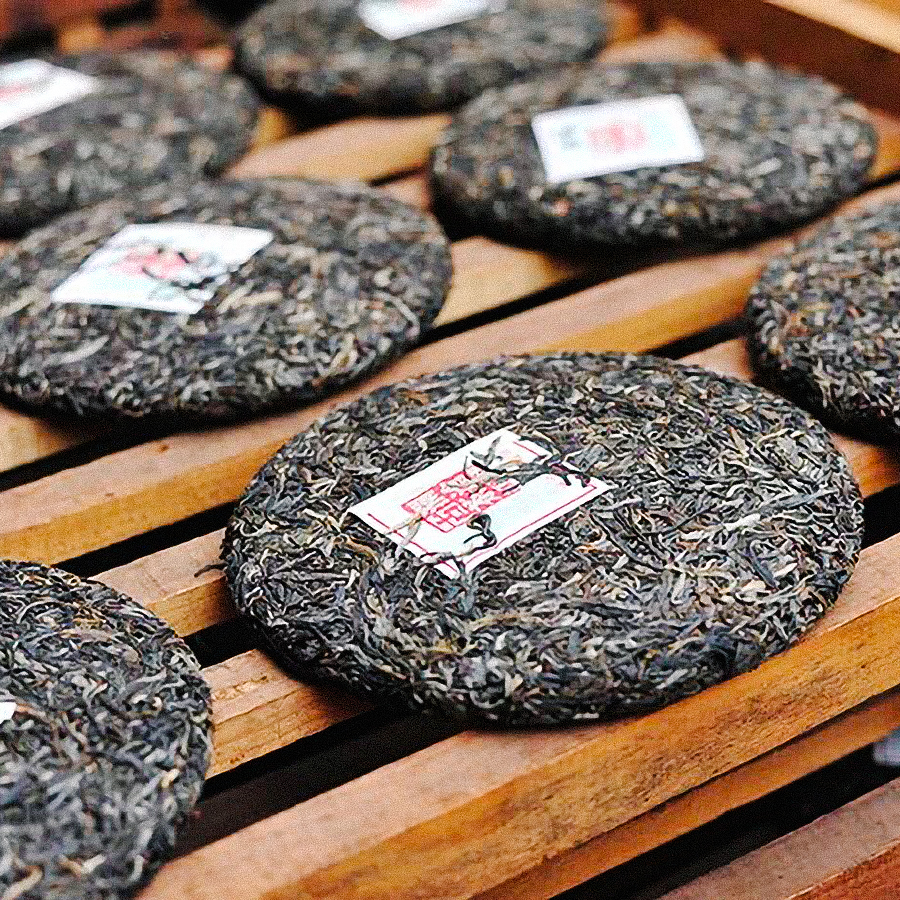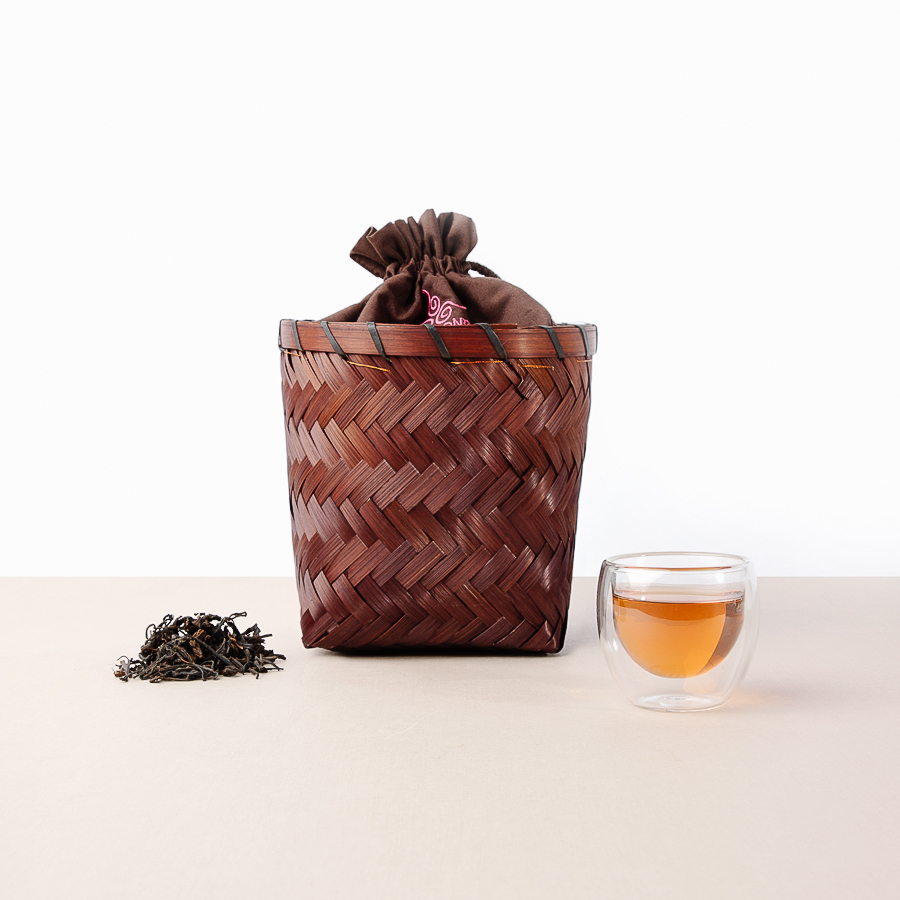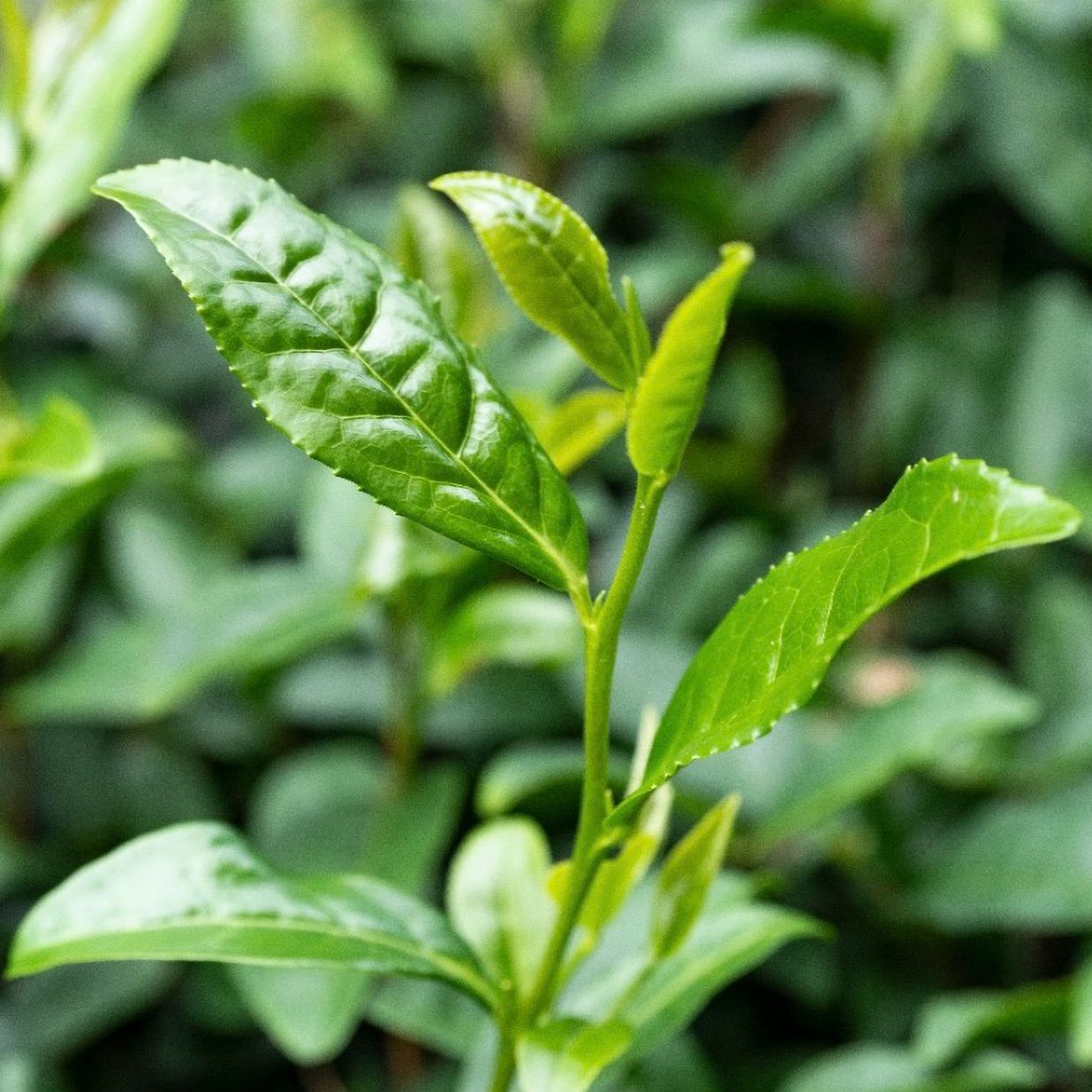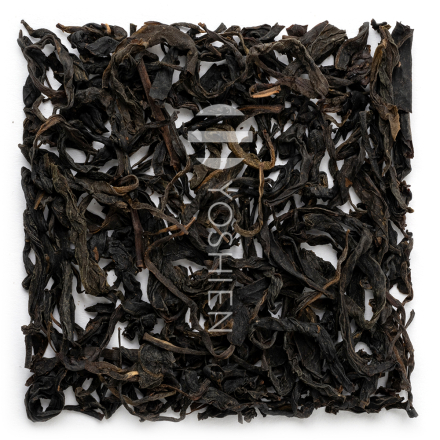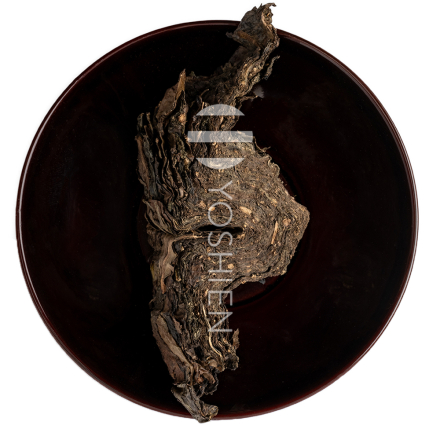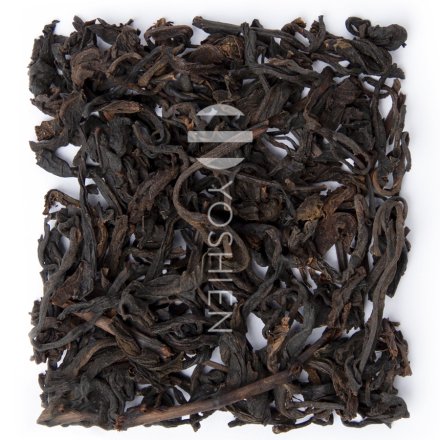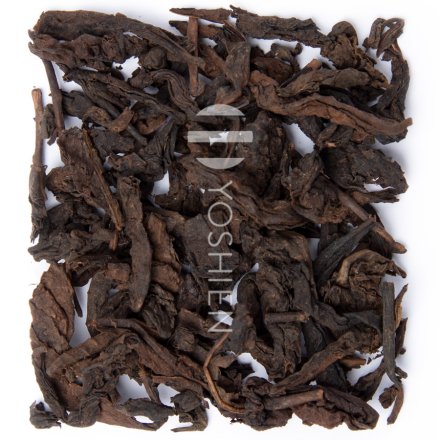The tea fields of the producer are located on the picturesque slopes of Mt. Furong, which feature especially mineral-rich, 700 million-year-old tillite soil. The area is far removed from cities and industrial areas, and cultivation takes place without the use of pesticides. The terroir around Furong Mountain is the birthplace of the important Chinese tribute tea, "sibao", which rests on a millennia-old tradition.
The harvested leaves are prepared as raw heicha over the course of many steps, and this product can then be used to make the tea. After harvest the leaves are withered and steamed to stop oxidation. The cell walls are broken via multiple stages of rolling to ease fermentation. The teas are dried and roasted in batches to attain the intermediate product of raw heicha. This raw heicha is then sorted according to quality, and small particles and bits are filtered out. The leaves are then sorted according to colour and blended to ensure a balanced flavour and even fermentation. Thereafter, the leaves are steamed again and pressed into the iconic brick shape. The tea is then fermented in this shape for 40 days during which time the "golden flower" spores of the coronoid Eurotiales fungus develop. These spores are the distinguishing feature of high quality brick teas.




